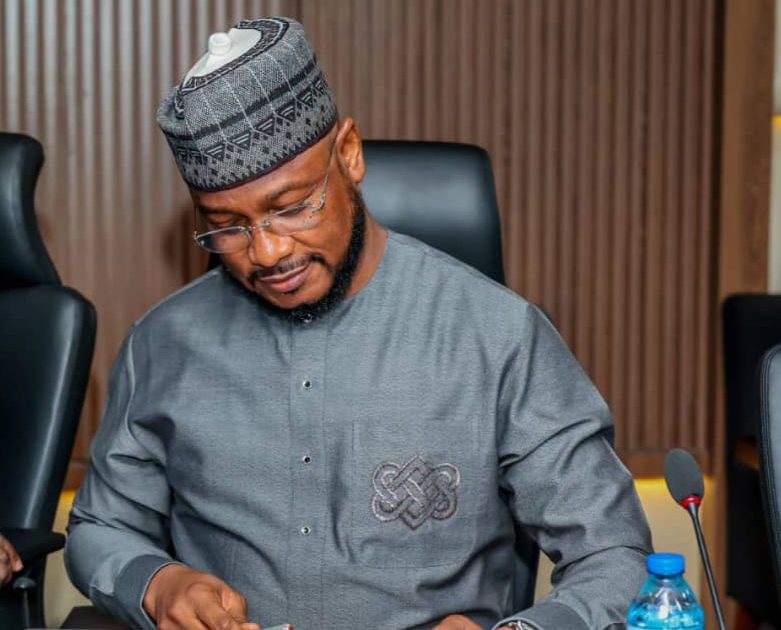The Zamfara State Government, under the leadership of Governor Dauda Lawal, has taken decisive action to address the long-standing challenge of inadequate power supply within the state. Recognizing the crippling effect of unreliable electricity on key sectors such as healthcare, education, security, and agriculture, the government has prioritized enhancing the state’s power infrastructure and ensuring broader access to electricity for its citizens. A significant step towards achieving this goal was the settlement of a substantial N1 billion debt owed to the Kaduna Electric Distribution Company (KEDCO). This debt had previously hampered the state’s developmental efforts, representing a significant hurdle to progress. By clearing this financial obligation, the government has laid the groundwork for a more robust and reliable power supply system.
Furthermore, the Zamfara State Government has demonstrated its commitment to improving electricity access by establishing the Zamfara Electrification Agency (ZEA) and expanding its mandate. The agency, under the leadership of its pioneer Executive Secretary, Muzammil Idris, is tasked with spearheading the electrification initiatives within the state. Specifically, the agency’s expanded mandate includes bringing power to communities that are currently unserved or underserved, thereby ensuring a more equitable distribution of electricity throughout Zamfara. This strategic move reflects the government’s recognition that access to reliable power is essential for driving economic growth and improving the quality of life for all citizens.
To ensure a systematic and sustainable approach to electrifying the state, the ZEA has developed a comprehensive 10-year working plan and implementation strategy. This long-term vision underscores the government’s dedication to not just addressing immediate power needs but also establishing a robust and resilient power infrastructure for the future. The immediate priority, according to Idris, is the restoration of power across all 14 local government areas within the state. This immediate action aims to alleviate the current power shortages and ensure that essential services can operate effectively.
Beyond restoring existing power connections, the ZEA has set an ambitious target of connecting communities currently not on the national grid within three months. This rapid expansion of the grid demonstrates a commitment to inclusivity, ensuring that even remote and underserved communities benefit from the improved power supply. To facilitate this ambitious project, Idris engaged in discussions with the Chairman of the Kaduna Electricity Governing Board to devise effective strategies for power restoration. These discussions culminated in the formation of a specialized committee charged with assessing and implementing the electrification project within the designated communities. This collaborative approach underscores the importance of partnership and stakeholder engagement in achieving the state’s electrification goals.
The ZEA’s efforts are not solely focused on expanding electricity access but also on improving the efficiency and transparency of the power sector. A key component of this strategy is the implementation of the national metering policy. By ensuring that all customers are metered, the agency aims to standardize electricity service delivery and enhance revenue generation for KEDCO. This measure is crucial for the financial sustainability of the power sector and will contribute to the long-term viability of the electrification project. The focus on metering will also promote transparency and accountability in billing, fostering trust between the electricity provider and consumers.
In conclusion, the Zamfara State Government’s multi-pronged approach to addressing power challenges reflects a deep understanding of the crucial role electricity plays in socio-economic development. By settling outstanding debts, establishing a dedicated electrification agency, developing a comprehensive long-term plan, and prioritizing grid expansion, the government has laid a strong foundation for a brighter future for the state. The focus on inclusivity, ensuring that all communities have access to power, is particularly commendable. Furthermore, the commitment to implementing the national metering policy underscores a dedication to transparency and efficiency within the power sector. These initiatives, collectively, represent a significant step towards ensuring a reliable and sustainable power supply for the people of Zamfara, paving the way for improved economic opportunities, enhanced quality of life, and a more prosperous future.














